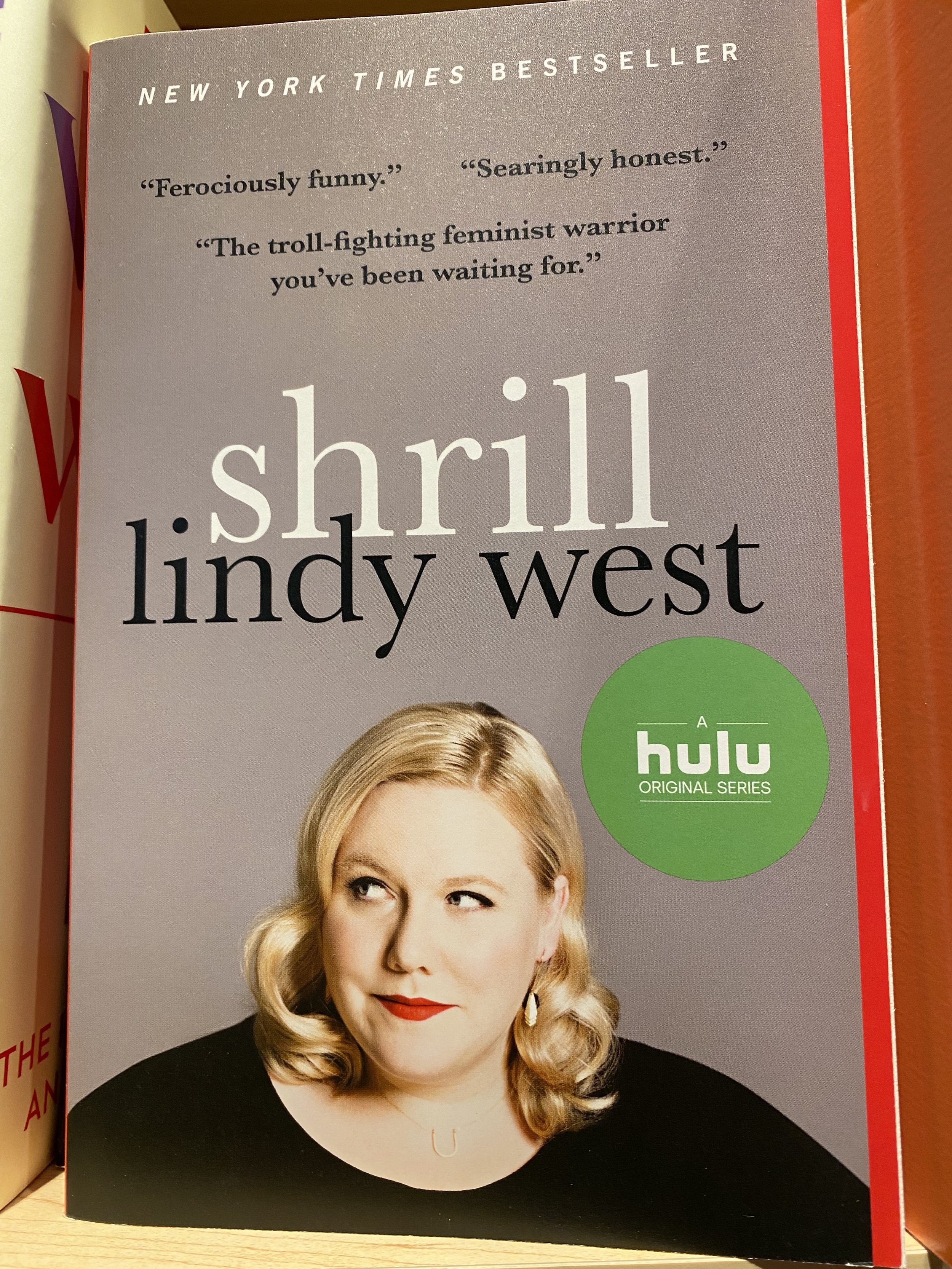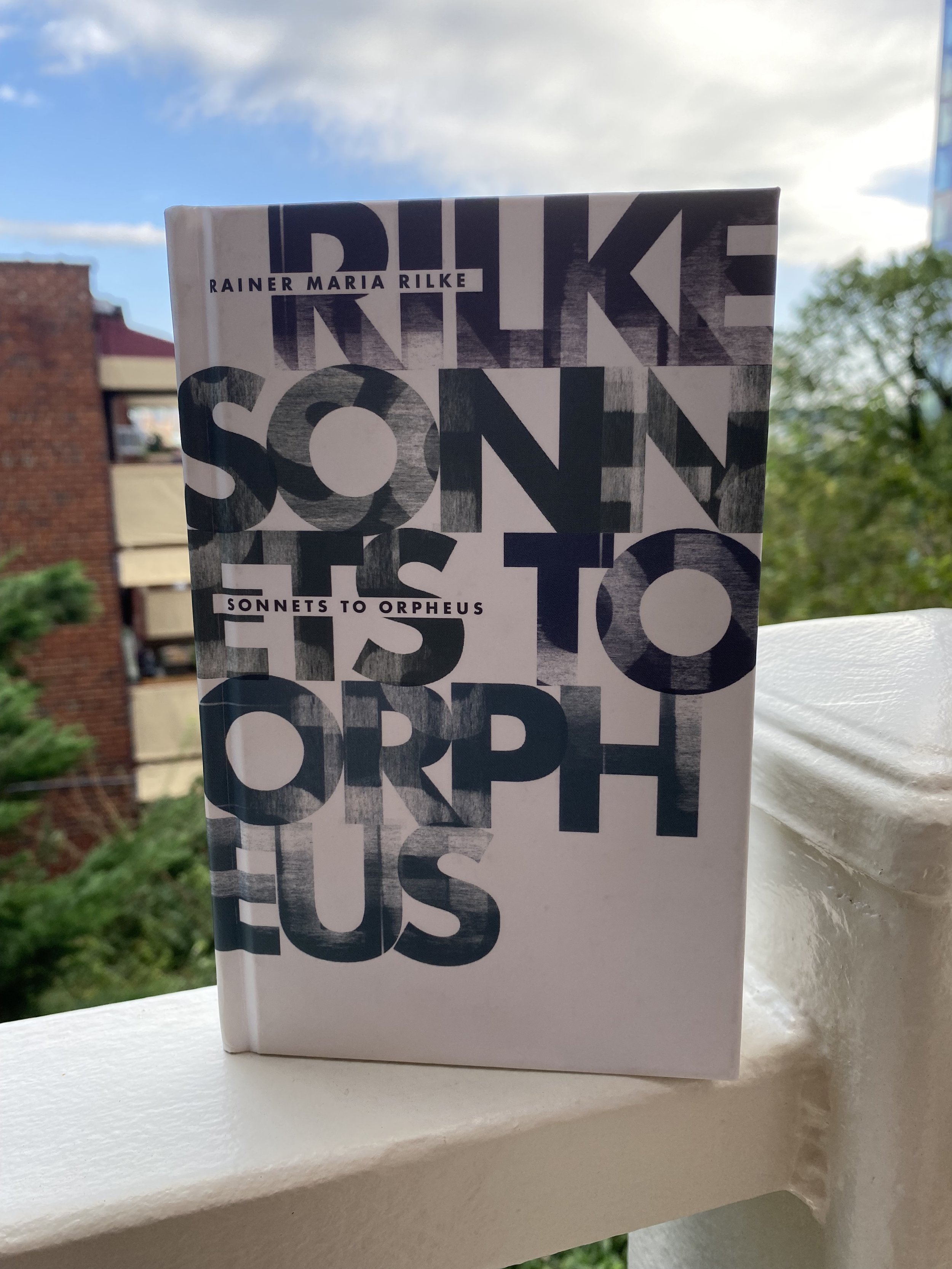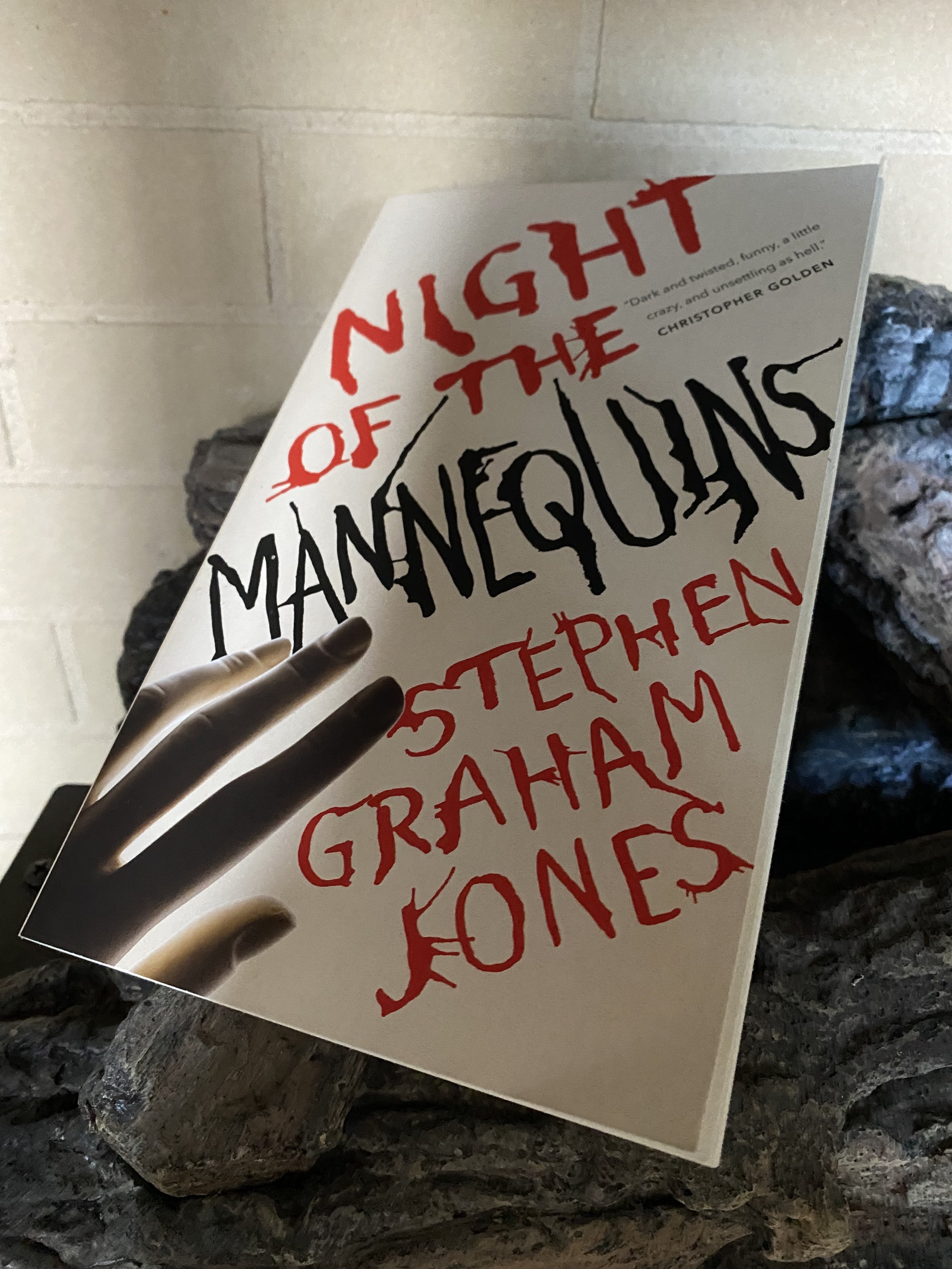5/5 stars
What's it about? Lindy West reflects on the experience of being fat and female in America in a gem of an essay collection. Chock full of humor and darn good writing.
How’d I find it? As a nursing student, I am frequently on long drives between hospitals, campus, and home. Audiobooks get me through the commute. DC Library provided this one, entertaining me during traffic or while wolfing down lunch.
Who will enjoy this book? Fans of Mindy Kaling, Joel Golby, Rax King, and Jia Tolentino will appreciate, but probably most millennials as well? I feel like Lindy gets all my references.
What stood out? The essays "Death Wish" and "Slaying the Troll" deftly knit together wit, anguish, and sharp social commentary. You can also listen to West perform a version of "Slaying the Troll," in which she confronts an internet troll whose cruelty focuses on her late father, on This American Life. I honestly wanted to begin rereading this book the second I finished it.
Which line made me feel something? I have long struggled to pinpoint why certain jokes in comedy make me uncomfortable, and West lays it out expertly in "Death Wish:" "People...desperately want to believe that the engines of injustice run on outsized hate — stranger rapes in dark alleys, burning crossing and white hoods — but the reality is that indifference, bureaucracy, and closed-door snickers are far more plentiful fuels."









